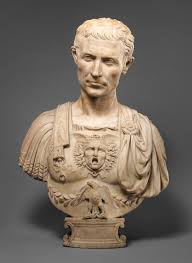Teddy had made multiple requests to War Secretary Newton Baker, asking permission to raise a division of volunteers, with himself as a major general, "to put our flag on the firing line."
If the man who had successfully negotiated an end to the Russo-Japanese War only a decade earlier showed up, the "vital hold which personalities like Roosevelt have on popular imagination," as Georges Clemenceau told Wilson, might just get all the warring parties to the peace table and end the war.
Woodrow Wilson, who lacked Teddy's "vital personality" and international stature, did all he could to keep Teddy home.
If Teddy couldn't fight, he was going to send his four sons in his place.
Sources
American Magazine. “The Reformers." Retrieved December 29,
2021 from https://www.americamagazine.org/issue/culture/reformers
HistoryNet. “Aviators: Quentin Roosevelt – He Died
Fighting.” Retrieved December 29, 2021 from https://www.historynet.com/aviators-quentin-roosevelt-he-died-fighting.htm
Morris, Edmund. “Colonel Roosevelt.” Random House, 2010.
Roosevelt, Theodore. “Autobiography of Theodore Roosevelt.”





